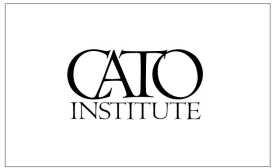china

Now, Chinese students are by far the most visible international presence at many universities across the United States, and their numbers continue to grow. This year, the number of Chinese student studying stateside was 304,040, a 10.8 percent increase over the 2013-14 academic year, according to a just-released report by the non-profit Institute for International Education (IIE).
"China needs to develop and demonstrate more ‘soft power’ in order to persuade the world to hold its assets and its currency," Jen wrote. That is "measured by a general sense of admiration and trust from global investors, is more difficult to build and demonstrate."
The fact that India and China are willing to have cooperative exchanges as part of soft or cultural diplomacy may seem accommodative and a positive effort to bridge differences. Between the lines, however, the Government’s efforts to push Buddhism by tracing commonality of roots indicate a subtle and smart move to steal a march over China, which is increasingly positing itself as the sole disseminator of Buddhist faith in the far-east and southeast Asia.
When it comes to public diplomacy, China might be better off loosening up and developing a sense of humor about itself. Gone are the days of Hu Jintao’s “smile diplomacy,” which aimed to convince the world that it had nothing to fear from a rising China.
The “new Silk Road” is the brainchild of Chinese State President Xi Jinping, who announced it as a major project - the Silk Road Economic Belt – during a state visit to Kazakhstan in mid-2013.
Recent developments at home and abroad suggest that Japan’s foreign policy is at a major turning point. Concrete steps are being taken to deepen the bilateral security alliance with the United States, and yet there is no national consensus on what should be done about the overconcentration of US bases in Okinawa. [...] The thrust of public diplomacy in the postwar years was to project an image of Japan that was not militarist.







